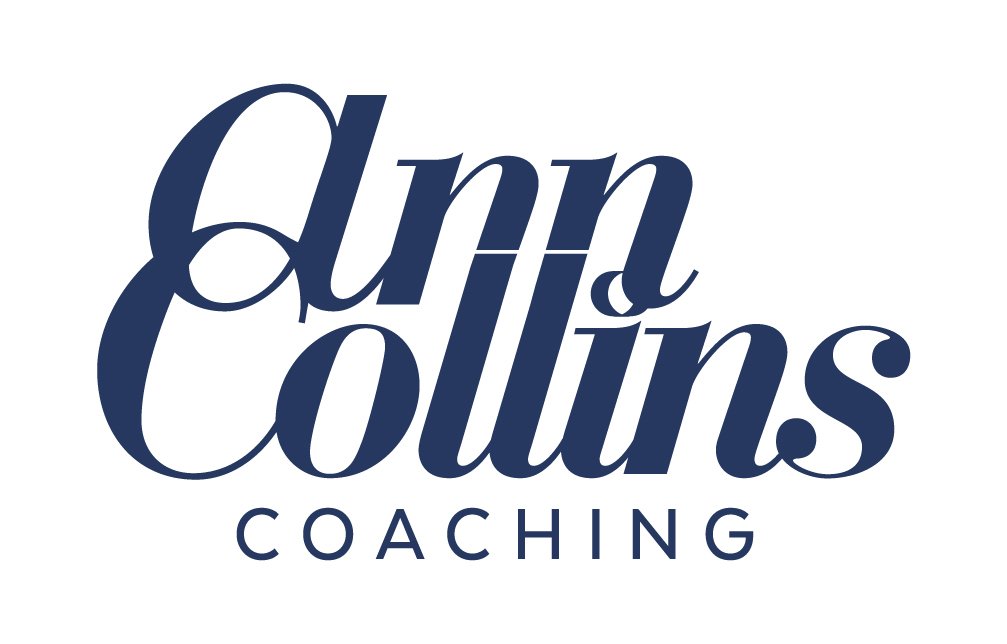Sometimes you win, sometimes you...learn
July 20th, 2021
Ann Collins
Sometimes you win, sometimes you.....could choose to learn?
It doesn't roll off the tongue quite as nicely as the original, but bear with me!
Our attitude to failure is so deeply engrained, right from childhood. Maybe you remember in school when test results would be announced and the most important detail was who came top of the class and where you came in the pecking order! Even now, I remember vividly both the feeling of elation to be near the top and the disappointment of missing the mark.
With many other teachers, I've worked over the last 25 years as part of an ongoing mission to teach children (and their parents) that there is little to be gained in terms of lifetime happiness or even traditional measures of success by comparing with others in a Year 4 Maths test and everything to gain by changing what we mean by "failure" and "success".
If "success" is satisfaction, then it is perfectly reasonable to feel success in terms of progress, a change in attitude and approach, even a shift in energy.
More difficult, is how to reframe "failure". Yes, yes, yes, it's an opportunity to learn, to see what could be better in the future, to improve.
But it doesn't always feel like that, does it?
How can we change that feeling of deep sadness, sometimes even shame, of not doing something well?
This is where it starts to get interesting. Of course, seeing failure as an opportunity is fundamental, but also learning to distance ourselves from that intense feeling of failure that blocks us is, I believe, a powerful strategy and has been very useful for many clients I work with.
There are many ways to do this, but one of the most useful is talking to oneself in the 3rd person.
Try this quick exercise and start by thinking of something that you're doing at the moment that is hard and really challenging: using your own name, try giving yourself some kind but possibly tough advice, some encouragement and say it aloud.
Go on, try it!! What do you notice? How does it differ from the normal "internal chatter" or commentary that you're running in your head?
I'll give you an example: "Ann, you know that wasn't such a brilliant post on LinkedIn, it didn't hit the mark, but you can make the next one different. Do a bit more research, test it again and anyway, if no-one likes it, nobody has read it either! Go on, do another one! Some people like what you say!"
If you're interested in learning more about your inner voice and its power, don't miss out on this very special series of solo episodes that I've prepared for you!
I'm running a special series of solo podcasts this summer: "Harness the gift of your inner voice" starting mid-July.
To listen to the very first episode, click here:

